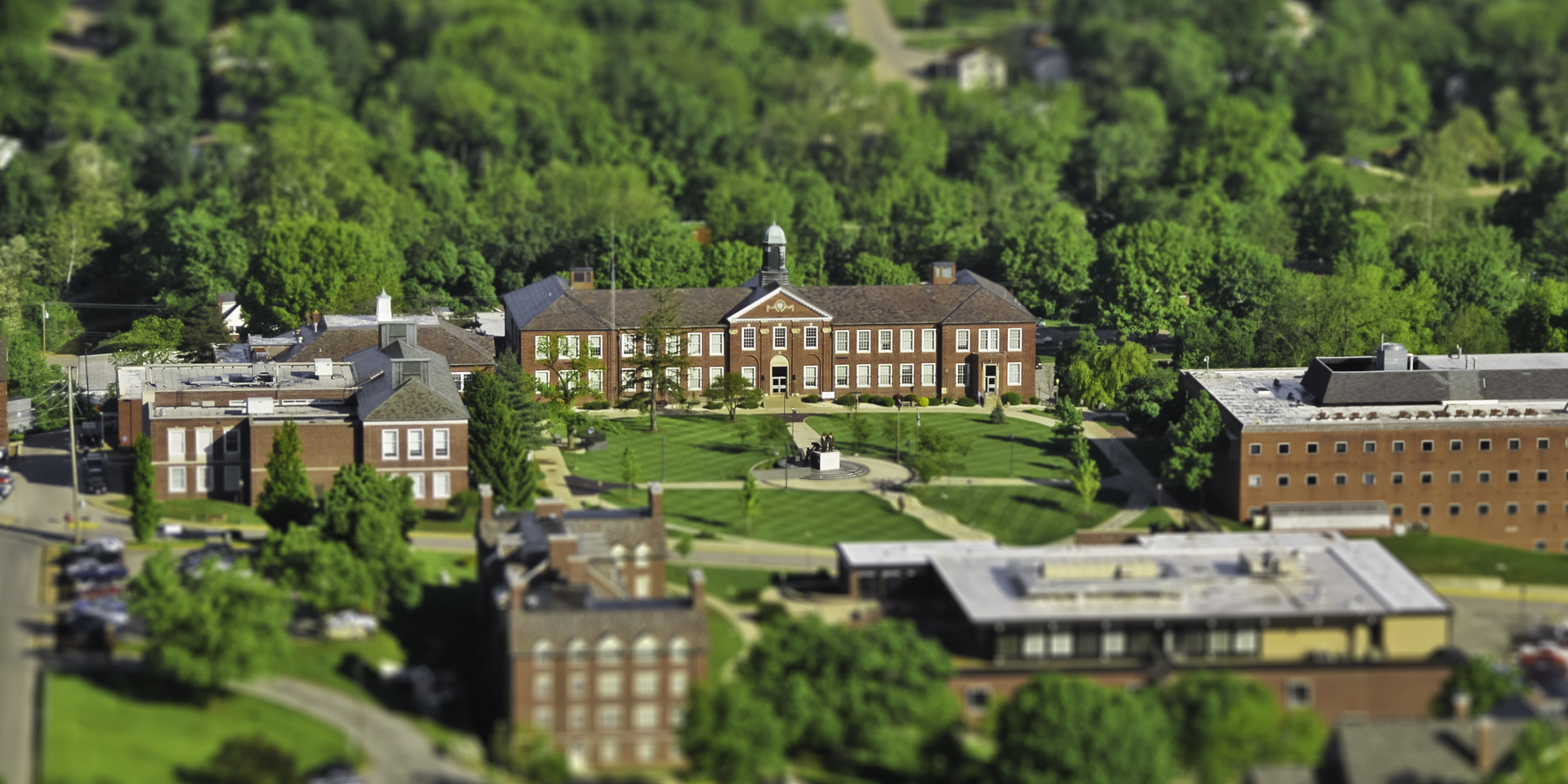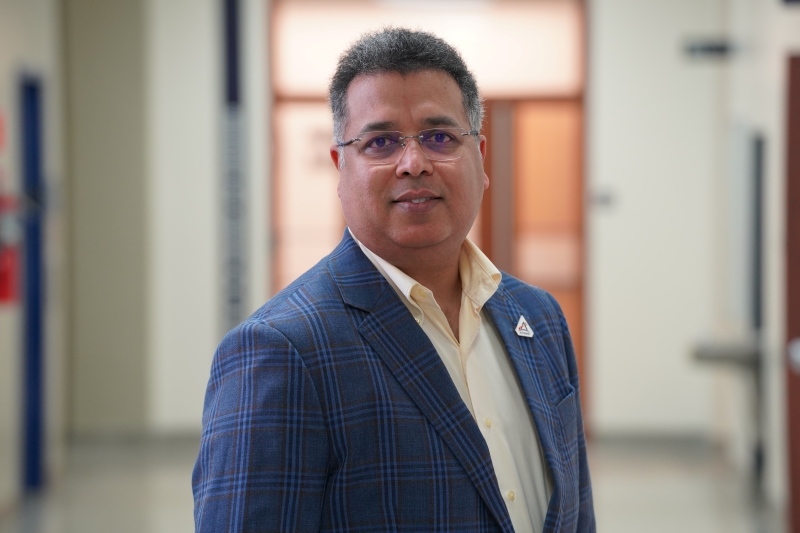NASA Selects Lincoln University of Missouri to Receive $1.5 Million Grant for Minority University Research and Education Project
Office of Communications and Marketing
Young Hall
820 Chestnut Street
Jefferson City, MO 65101
 Lincoln University of Missouri campus
Lincoln University of Missouri campus
NASA recently announced Lincoln University of Missouri (LU) as one of the eight HBCUs competitively chosen to receive funding through their new Data Science Equity, Access, and Priority (DEAP) research and education opportunity. NASA allotted a total of $11.7 million to these selected institutions through their Minority University Research and Education Project (MUREP), which provides financial assistance through competitive grants to higher education institutions that recruit and retain underrepresented students into STEM fields: science, technology, engineering, and mathematics. As part of this funding, Lincoln University will receive $1.5 million over three years to train graduate and undergraduate students in data science use for natural resources — on projects related to soil science, wildfire and climate change.
“There are not enough minority and underserved people who are using data science and artificial intelligence in the workforce,” said Lincoln University Assistant Professor of Natural Resources Dr. Sougata Bardhan, the LU project leader on this initiative.

Lincoln University Assistant Professor of Natural Resources Dr. Sougata Bardhan, will lead a team of five LU students in Ph.D. and graduate programs awarded $1.5 million over three years to utilize data science and big data for soil science, natural resources and in measuring wildfires.
According to Dr. Bardhan, the goal of NASA’s MUREP program is to increase the number of unrepresented and minority populations within the STEM workforce. For this initiative, he said that college students will be “provided with the necessary education to fulfill those workforce needs and diversify the field.”
“For the DEAP grant, most of the proposal is focused on data science . . . Big data is essential these days, because we are generating lots of data with new equipment,” Bardhan said. Incorporation of data science in various disciplines has significantly advanced, with emphasis on artificial intelligence and machine learning to better understand various natural resource issues. The DEAP opportunity enables HBCU students and faculty to conduct innovative data science research with experts in the field.
To compete for the DEAP funding opportunity, Lincoln University and Dr. Bardhan’s team submitted their proposal titled “Using Data Science to Understand Soil, Wildlife, and Social Disparity of Climate Change and Air Pollution.” Through this award, data science and big data will be used for soil science, natural resources and in measuring wildfires—providing new analytic approaches to solve core problems in earth science research.
“We are studying the impact of climate change because climate change affects frequent floods or droughts. All of these things have an impact on our lives,” Bardhan said. “Often, it is not easy to relate everything together, but scientists who are following those events can see the impact on the community.”
Five LU students in Ph.D. and graduate programs will be recruited for LU’s DEAP project initiative, along with a research coordinator. Dr. Bardhan reported that they will create reusable modules, certificate programs and short courses that will be administered at various levels of the university and scientific conferences throughout the country. They will also hold workshops for high school students on data science as another way to disperse information. Not everyone is familiar with the essential tools needed for data science, so one of the primary goals for this project is to make this specific knowledge more accessible to students and, in turn, advance data research and increase student interest in the STEM workforce.
Lincoln University has partnered with Harvard University, University of Missouri and Tennessee State University on this initiative. Ten Lincoln students will visit Harvard University every year for two weeks throughout the duration of the 3-year project. The goal of these trips is to inspire students to further their education and see how an institution like Harvard operates, while gaining an opportunity to meet and network with faculty and peers.
For more information on Lincoln University's project “Using Data Science to Understand Soil, Wildlife, and Social Disparity of Climate Change and Air Pollution,” please contact Dr. Sougata Bardhan at bardhans@lincolnu.edu.